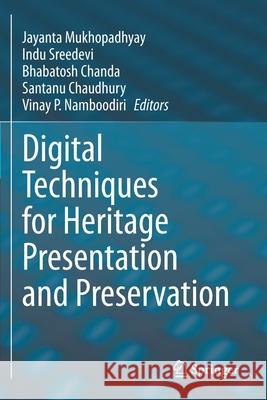Digital Techniques for Heritage Presentation and Preservation » książka
topmenu
Digital Techniques for Heritage Presentation and Preservation
ISBN-13: 9783030579098 / Angielski / Miękka / 2022 / 288 str.
Digital Techniques for Heritage Presentation and Preservation
ISBN-13: 9783030579098 / Angielski / Miękka / 2022 / 288 str.
cena 684,33
(netto: 651,74 VAT: 5%)
Najniższa cena z 30 dni: 655,41
(netto: 651,74 VAT: 5%)
Najniższa cena z 30 dni: 655,41
Termin realizacji zamówienia:
ok. 16-18 dni roboczych.
ok. 16-18 dni roboczych.
Darmowa dostawa!
Kategorie:
Kategorie BISAC:
Wydawca:
Springer
Język:
Angielski
ISBN-13:
9783030579098
Rok wydania:
2022
Ilość stron:
288
Waga:
0.41 kg
Wymiary:
23.39 x 15.6 x 1.52
Oprawa:
Miękka
Wolumenów:
01
Dodatkowe informacje:
Wydanie ilustrowane











